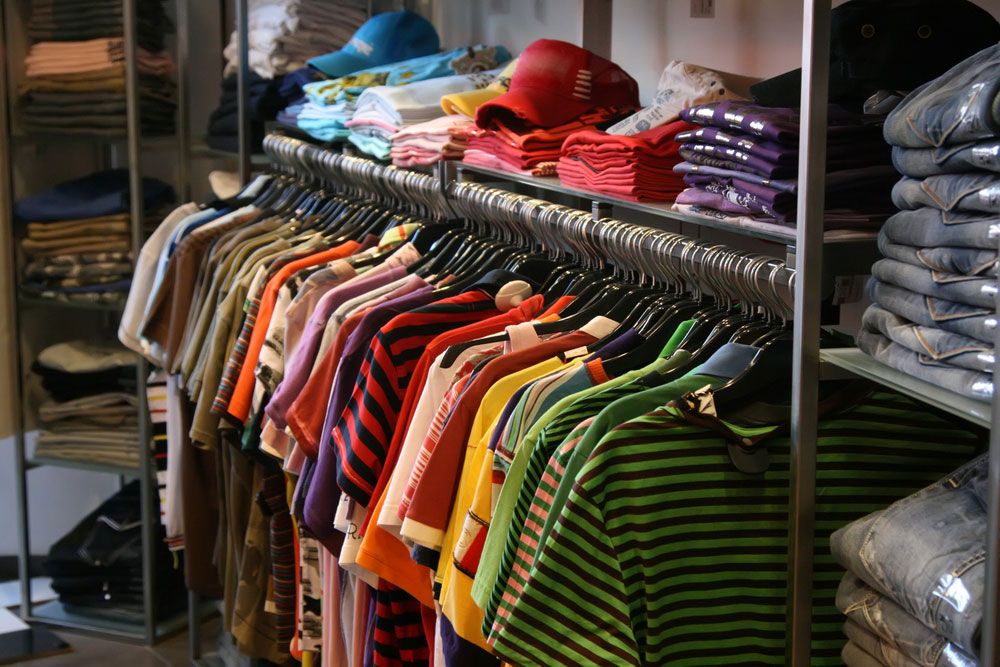Messy Rooms and Simple Thinking Seem to Go Together

Messy surroundings don't necessarily muddle a person's thinking, according to a new study that suggests a disorganized environment can actually foster a clearer head.
Conventional wisdom suggests a messy room or office clutters a person's mind and puts the brakes on productivity. "However, not all evidence supports this conventional link between a messy environment and a messy mind," the researchers write in a study appearing in the June 2012 print issue of the Journal of Consumer Research.
The researchers conducted six experiments involving a total of 319 undergraduate students, and found that individuals who worked at disorganized desks tended toward simplicity in how they categorized items and what they would purchase as a consumer. Similar findings showed up in participants whom the researchers had primed with "messy thoughts" through a language-comprehension task.
"They categorized products in a simpler manner, were willing to pay more for a T-shirt that depicts a simple-looking picture [than for a shirt with a complicated picture], and sought less variety in their choices," the researchers wrote.
The findings also suggested a link between an individual's political stance and how put off they are by messiness. Messiness didn't seem to affect liberals as much as conservatives. Those participants who described themselves as liberals also asserted that they were generally less concerned about being disorganized, according to the study.
"Specifically, conservatives, when confronted with a messy environment — compared to a clean environment — were willing to pay more for a T-shirt with a simple-looking picture," the researchers wrote. "Liberals' willingness to pay for this shirt was not affected by messiness."
The authors note that, contrary to popular belief, their findings show that experiencing messiness can cause people to form simple representations of product information, also known as heuristic information processing. The result, they said, can be better work efficiency and more creative problem-solving.
Sign up for the Live Science daily newsletter now
Get the world’s most fascinating discoveries delivered straight to your inbox.
You can follow LiveScience writer Remy Melina on Twitter @remymelina. Follow LiveScience for the latest in science news and discoveries on Twitter @livescience and on Facebook.













